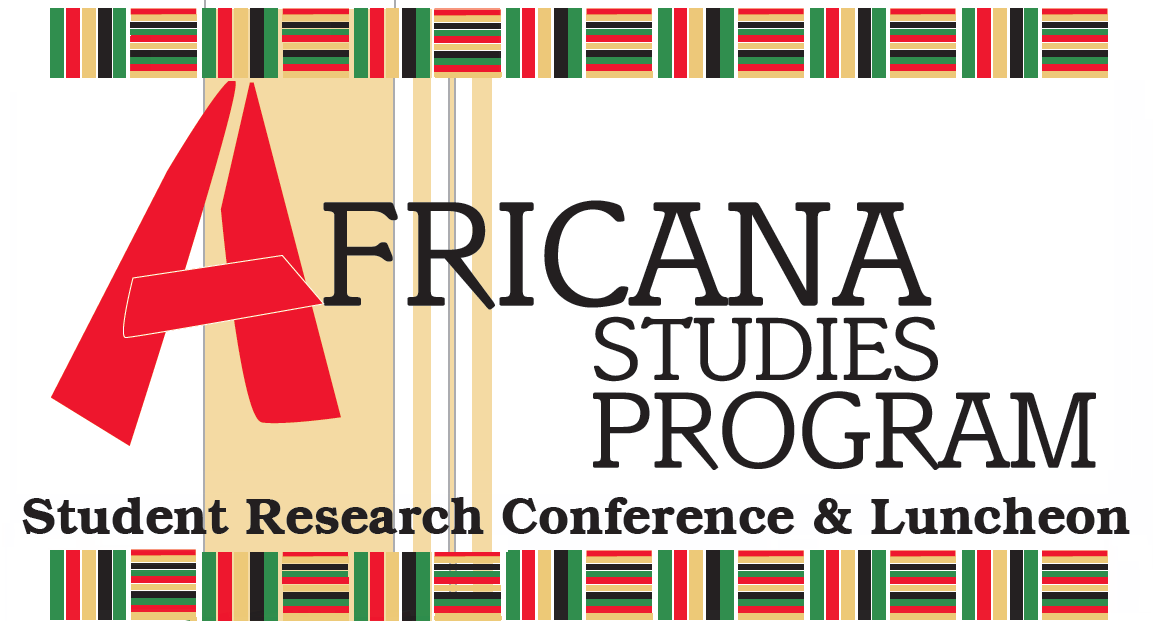Presentation Title
Pop Music as e-Civism: Negotiating Change Through Subaltern Voices in Burkina Faso
Degree Program
Graduate
Major
Media Art and Studies
Abstract
In 2014, a popular revolution led by a group of underground pop musicians ousted a 27-year regime in Burkina Faso. In attempting to find meaning in how these musicians were able to mobilize millions of people across the country under the banner of Le Balai Citoyen (the Citizen Broom), I studied their works before the 2014 revolution. I found that pop music from Burkina Faso represents a subaltern discursive engagement voice whereby lyrics and video frames disseminate a counter-discourse and call for action against government malpractices. By examining the lyrics and video frames as a discursive voice in 40 YouTube music videos from 10 pop musicians or groups of musicians released between 2003 and 2014, I recorded antipathy toward the established power system and placed the provocative lyrics of the selected songs within the larger context of regime change. Pop musicians turned to online platforms to publish and share with their fans because the dissenting nature of their musical messages restricted their access to public media. Their modus operandis was a combination of strong coded political messages in local languages or vernacular French with embedded theatrical sketches, which satirize the lavish lifestyles of the leaders and simultaneously portray the misery of the average citizens. Some pop musicians now represent a strong political voice in Burkina Faso and even in the sub-region as they began to network with other afrocentric civil society groups such as Y’en a marre (Senegal), and Filimbi (DR Congo).
Key words: eCivism, Protest Music, Balai Citoyen, Burkina Faso
Start Date
23-2-2018 1:30 PM
End Date
23-2-2018 2:45 PM
Included in
Pop Music as e-Civism: Negotiating Change Through Subaltern Voices in Burkina Faso
In 2014, a popular revolution led by a group of underground pop musicians ousted a 27-year regime in Burkina Faso. In attempting to find meaning in how these musicians were able to mobilize millions of people across the country under the banner of Le Balai Citoyen (the Citizen Broom), I studied their works before the 2014 revolution. I found that pop music from Burkina Faso represents a subaltern discursive engagement voice whereby lyrics and video frames disseminate a counter-discourse and call for action against government malpractices. By examining the lyrics and video frames as a discursive voice in 40 YouTube music videos from 10 pop musicians or groups of musicians released between 2003 and 2014, I recorded antipathy toward the established power system and placed the provocative lyrics of the selected songs within the larger context of regime change. Pop musicians turned to online platforms to publish and share with their fans because the dissenting nature of their musical messages restricted their access to public media. Their modus operandis was a combination of strong coded political messages in local languages or vernacular French with embedded theatrical sketches, which satirize the lavish lifestyles of the leaders and simultaneously portray the misery of the average citizens. Some pop musicians now represent a strong political voice in Burkina Faso and even in the sub-region as they began to network with other afrocentric civil society groups such as Y’en a marre (Senegal), and Filimbi (DR Congo).
Key words: eCivism, Protest Music, Balai Citoyen, Burkina Faso


